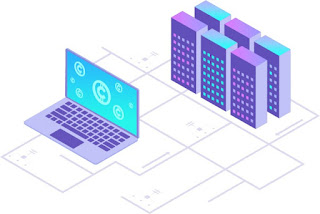In the past, the global financial markets are only limited to the affluent class who have the right connections in the right location with endless amounts of wealth ready for their disposal. Financial services are not easily accessible to most of the population, and this includes investing, banking, loans, and growing a portfolio. Right now, innovations in the financial industry have been introduced. Financial technologies, mainly decentralized finance (DeFi), have paved the way for a new system in the global financial markets. Through DeFi, centralized, traditional financial products and services today, including insurance, savings, and loans, can now be easily accessible by anyone who has an internet connection and a smartphone. The goal of DeFi is to remove the barriers that traditional financial systems have. It aims to provide financial services to everyone. Anyone can not have access to financial products that were once limited to the wealthier class. This provi




